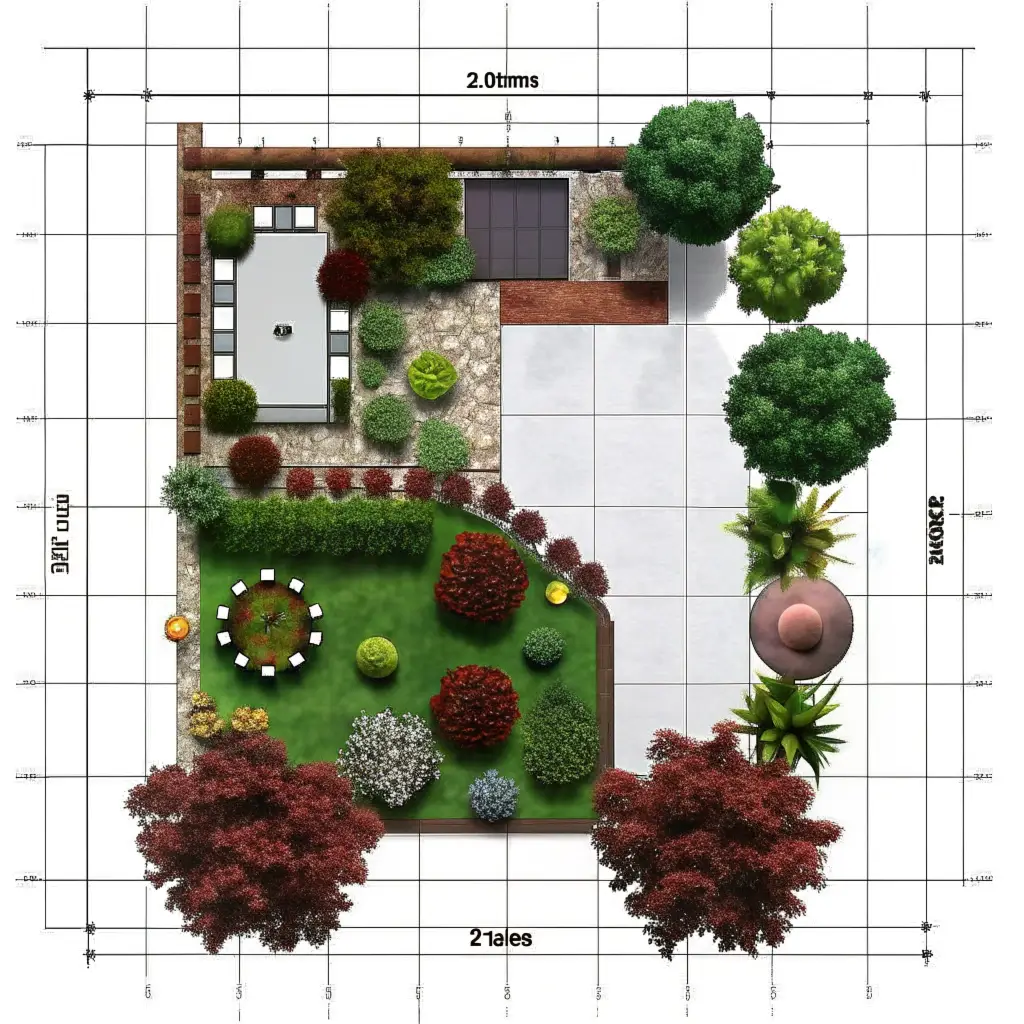United Kingdom, 23 Titlond Pd, Derby OD2 4NS
+44 00 85 43 1033United Kingdom, 23 Titlond Pd, Derby OD2 4NS
+44 00 85 43 1033
Soil quality is a foundational element in landscape design, playing a crucial role in the success of any garden or outdoor space. Healthy soil provides the necessary nutrients, structure, and water retention to support plant growth, making it essential for creating a thriving and sustainable landscape.
One of the most significant benefits of high-quality soil is its ability to support a wide range of plant species. Different plants have varying nutrient and pH requirements, and well-balanced soil can accommodate these needs, promoting lush and vibrant growth. Soil rich in organic matter improves fertility and enhances the soil’s capacity to hold moisture, reducing the need for frequent watering and helping plants withstand dry periods.
Soil structure is another critical factor in landscape design. Good soil structure allows roots to penetrate easily, promotes air circulation, and facilitates water movement through the soil. Compacted or poorly drained soil can lead to waterlogging, root rot, and other issues that hinder plant health. By improving soil structure through practices like aeration, composting, and the addition of organic matter, you can create a more favorable environment for plant growth.
Understanding soil composition is also key to successful landscape design. Soil is made up of a mixture of sand, silt, and clay, each of which affects drainage, nutrient availability, and root development. A soil test can help you determine the composition of your soil, as well as its pH level and nutrient content. Based on these results, you can amend the soil with the appropriate materials to optimize its properties for the plants you wish to grow.
Investing in soil quality not only benefits plant health but also contributes to the overall sustainability of your landscape. Healthy soil supports a thriving ecosystem, including beneficial microorganisms, earthworms, and other organisms that contribute to soil fertility and structure. By focusing on soil health, you reduce the need for chemical fertilizers and pesticides, creating a more natural and resilient garden.
In conclusion, soil quality is a fundamental aspect of landscape design that should not be overlooked. By prioritizing soil health, you lay the groundwork for a beautiful, functional, and sustainable outdoor space. Whether you are designing a new garden or improving an existing one, understanding and enhancing your soil will lead to long-term success and enjoyment of your landscape.